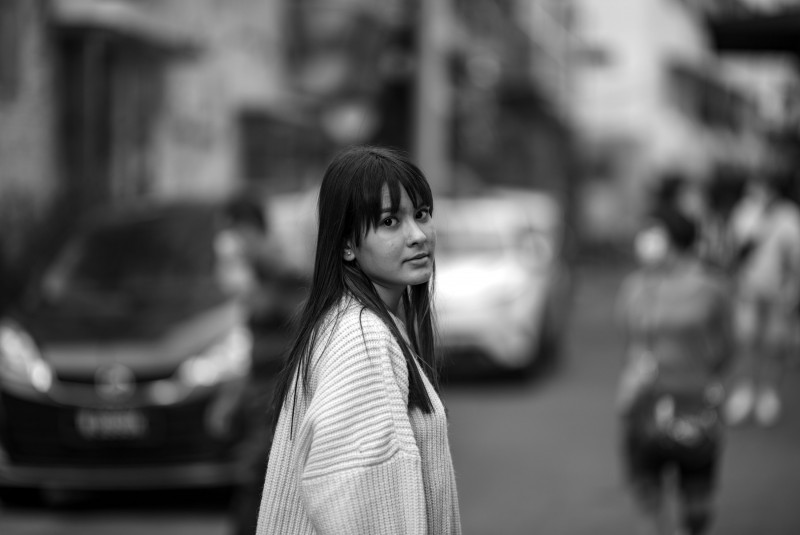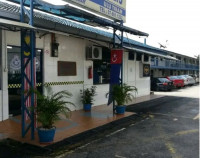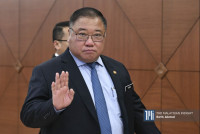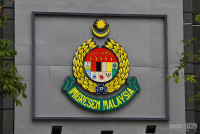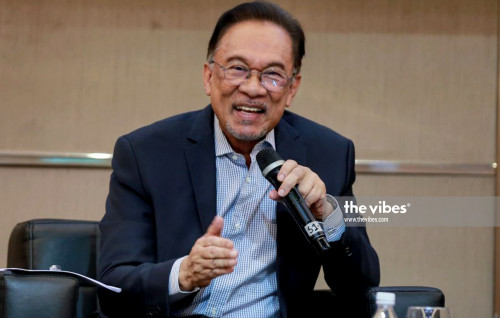KUALA LUMPUR is not just a melting pot – it is an intricate mosaic shaped by the narratives of those calling it home. Its existence today comprises a kaleidoscope of hopes, yearnings and dreams that doesn’t need a ‘box to check’.
To have a Syrian sit down and get coffee with an Iranian is a rare occurrence. This is in large part thanks to this vibrant city of which its privileges we (born here with ICs) take for granted.
This was the reality shared during our chat with two creative advocates, who are behind the visually-driven digital flipbook, ‘Portraits of a Diverse City — Stories of Migration in Kuala Lumpur’.
Let’s not forget
“It [Kuala Lumpur] is filled with the opportunity to meet people openly and the diversity offered has given me the liberty to learn and explore,” said Iranian-born Amin Kamrani who took charge of photographing the portraits for the book.
The last 10 years being based in the city has allowed him to cross paths and spend time with a variety of individuals ranging from “people of intelligence down to the marginalised few.”
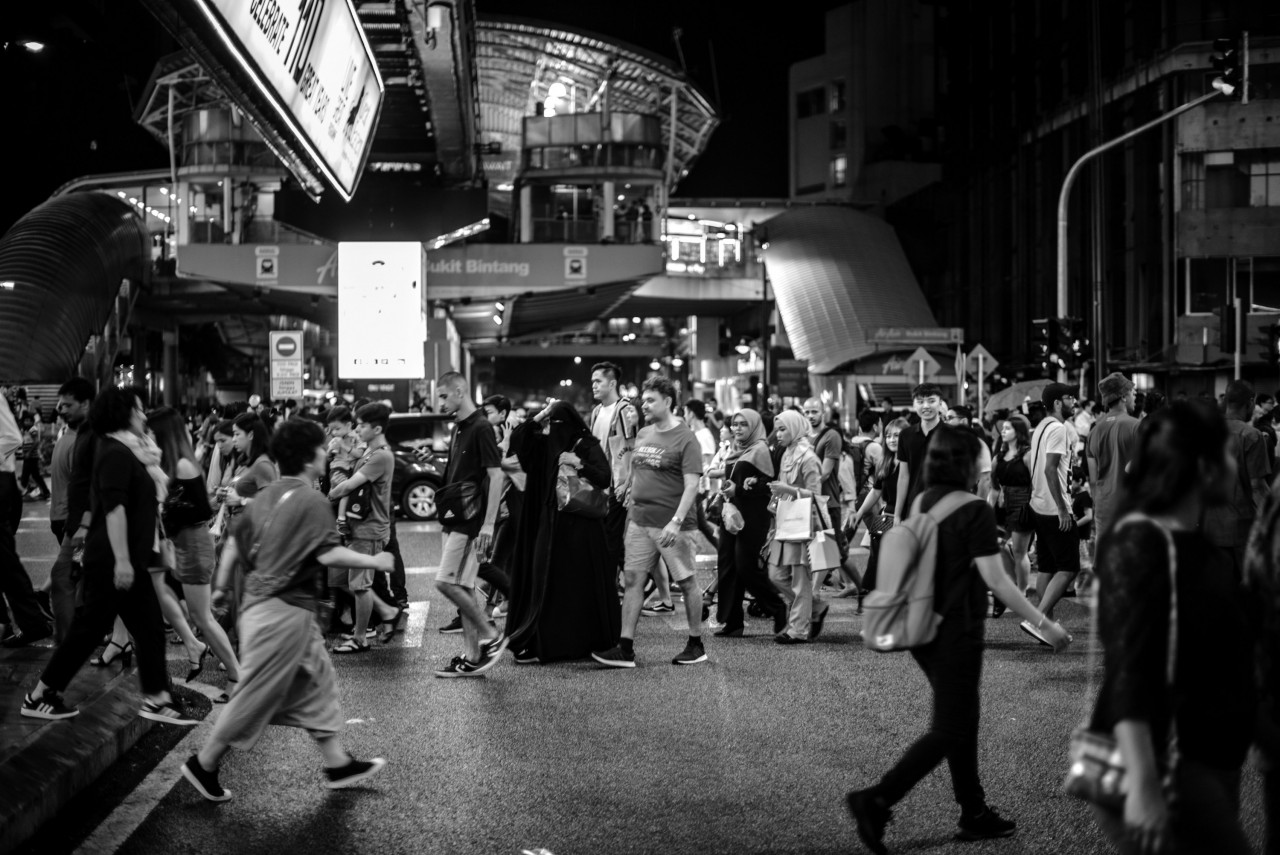
“I would like to believe that the book is a tribute to the medley of people with different backgrounds prominent in the city and I guess such diversity is amplified because I am — technically — an outsider living the Malaysian life,” he added.
“It’s funny because I don’t see the labels of 'warganegara' and 'bukan warganegara' until this is being explicitly displayed when the daily number of Covid-19 cases are up,” quipped Amin, who also has a hand in filmmaking.
Together with fellow creative and project partner Allison Hill, the duo collaborated in capturing truths and images of a community that have essential roles to play — be it social or economical — but are often ignored.
Their efforts began shortly after being announced as one of the 10 chosen project submissions to share the stories of under-represented communities in Malaysia for the ‘Diverse Voices Media Grant’ organised by Projek Dialog in early June.
While it is “a very personal project” for them, the topic still “has relevance in very universal ways.”
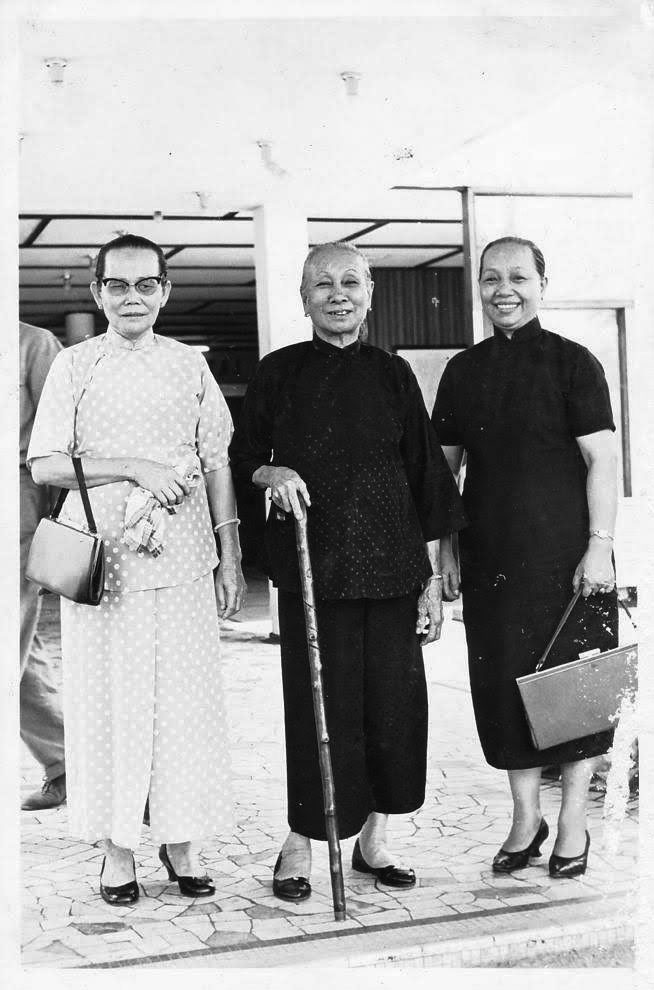
On growing interdependence and allowing the chance for voices to be heard, Allison, or Allie, says: “How are we as a nation with such recent history of migrants get to a point where we now say the migrants of present-day (such as the Bangladeshi among others) are not allowed to share the prosperity that we get to enjoy, especially in the context of a globalisation.”
Having authored and illustrated two children's storybooks, she adds “[through the project] in a subtle way, what I am trying to point out is—has this sense of nationalism done more harm than good?”
Allie — who identifies as a third generation Malaysian with ancestors who came here as migrant workers — contributed in the e-book an intimate memoir of her grandmother. It serves as a reminder to Malaysians of its not-so-distant past. “How quickly do we forget that our ancestors were once called the ‘Dirty Chinaman’ by the British rulers,” it reads. She argues the irony behind people similarly doing it when they brand migrants with derogatory terms.
“In today’s world or definition, my late grandmother was trafficked and may not have even realised it back then because she was not able to remember,” said Allie, adding the reason could be that “she couldn’t read or write.”
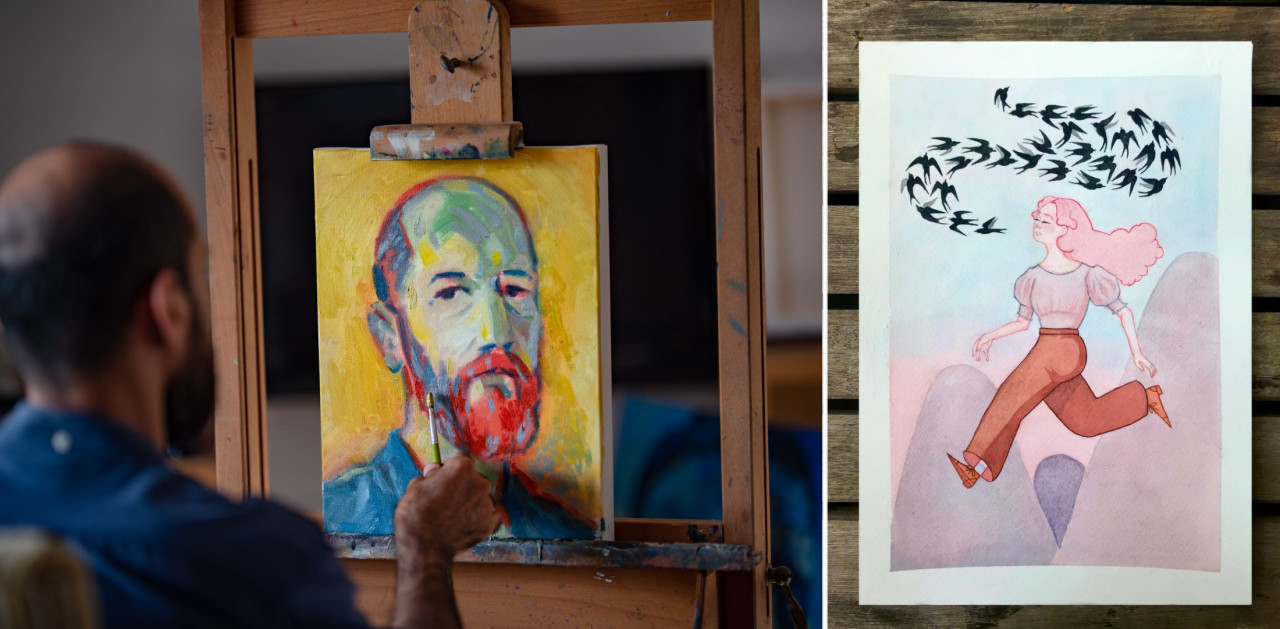
“After having gotten on a boat and ‘travelled’ alone in her early teens, all she knew of was survival and that there was no chance of returning.”
“That said, sharing her story is not so much of a personal vendetta but more of acting as a reminder for us all,” she noted.
Honest conversations
The pair appreciates the fact that friends lent their support to the project by sharing their personal photos and stories of origin.
Allie notes that if it weren’t for the movement control order (MCO), “we would have featured a lot more individuals from other groups such as the Filipino domestic workers, Rohingya community and the Chin refugee children (of whom many are born here and all they know is Malaysia).”
“That is also why we call this an inaugural — first edition — project because people may wonder why the representation is not wider. Also, we do hope to follow up with more inclusivity if we get a chance to get more funding.”
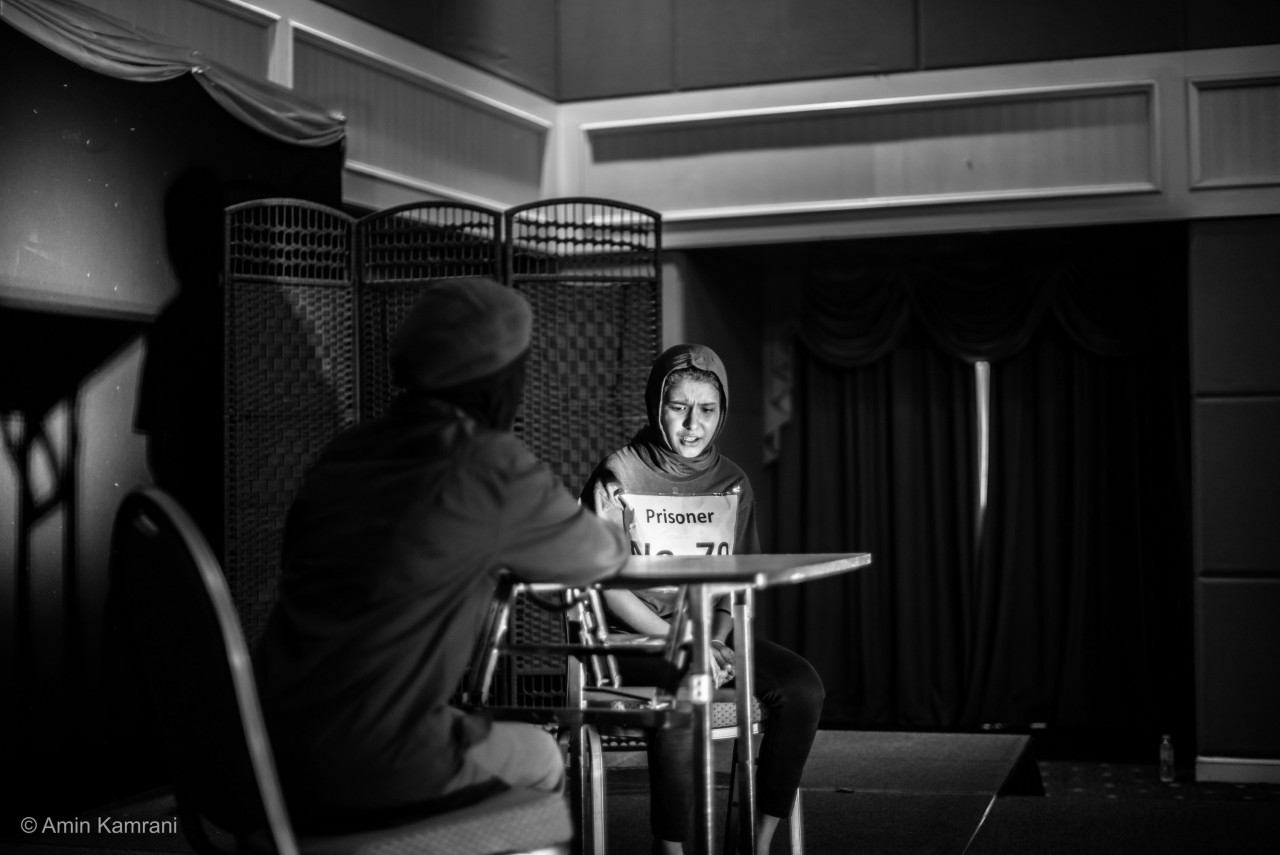
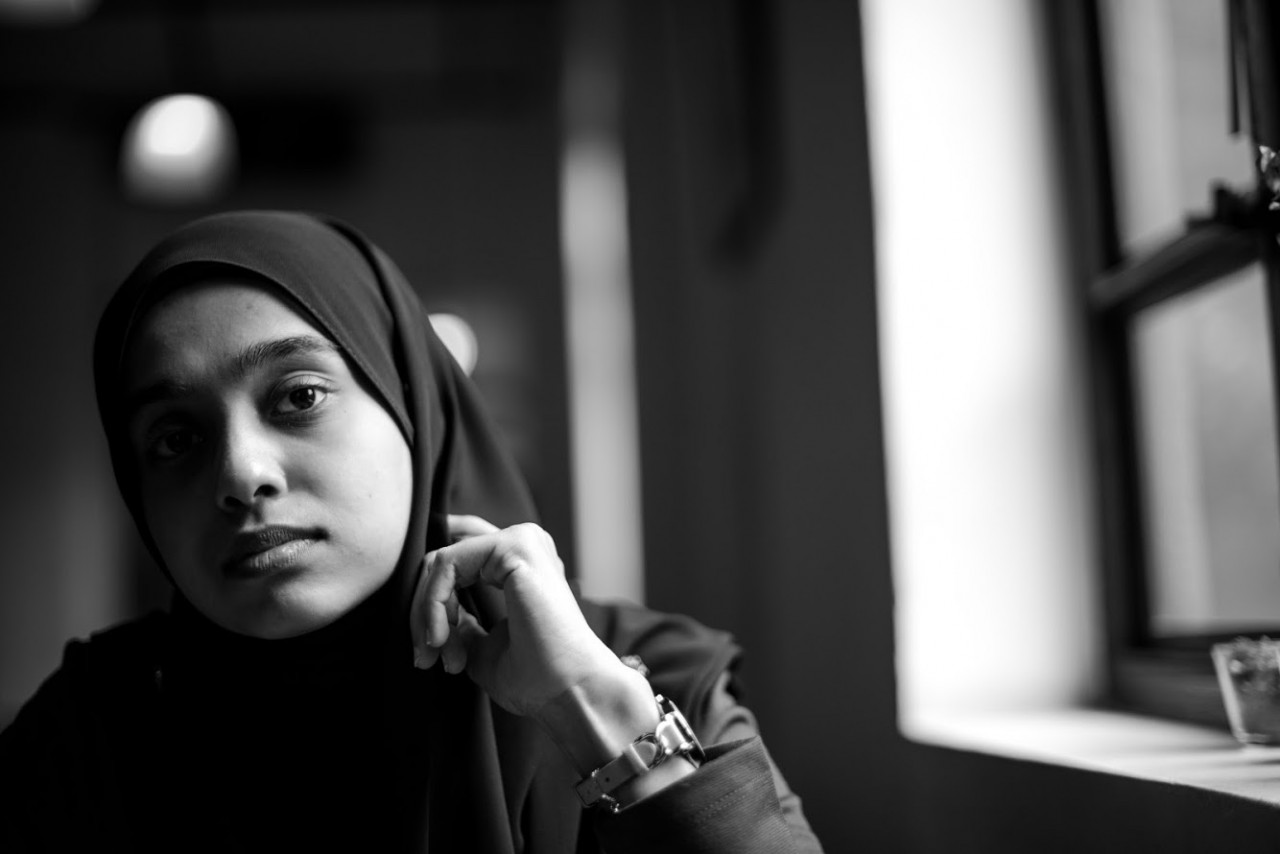
Although there are no plans to have the book published in hard copy due to insufficient funds. "We are open to the idea if someone wants to come in and help with the publishing cost, but I believe that the book should be given and shared free of charge instead of being sold,” she said.
“The idea is for it to be extended and become a conversation starter among as many people as possible,” said Amin. They want to avoid the reach limited to a type of circulation, which was “why we even decided on having it digitally produced.”
Emphasising that the subject matter is more important than profiting off the project, he adds that despite the circumstances that led to their arrival in this country, “it’s crucial to change the perception that the masses have towards the migrant community.”
What is meant by this is appreciation a Syrian boy has for poetry may be clouded with the imagery of the devastations of war, or the the image of the ‘Afghan girl’ in being associated to the 1984 National Geographic cover.
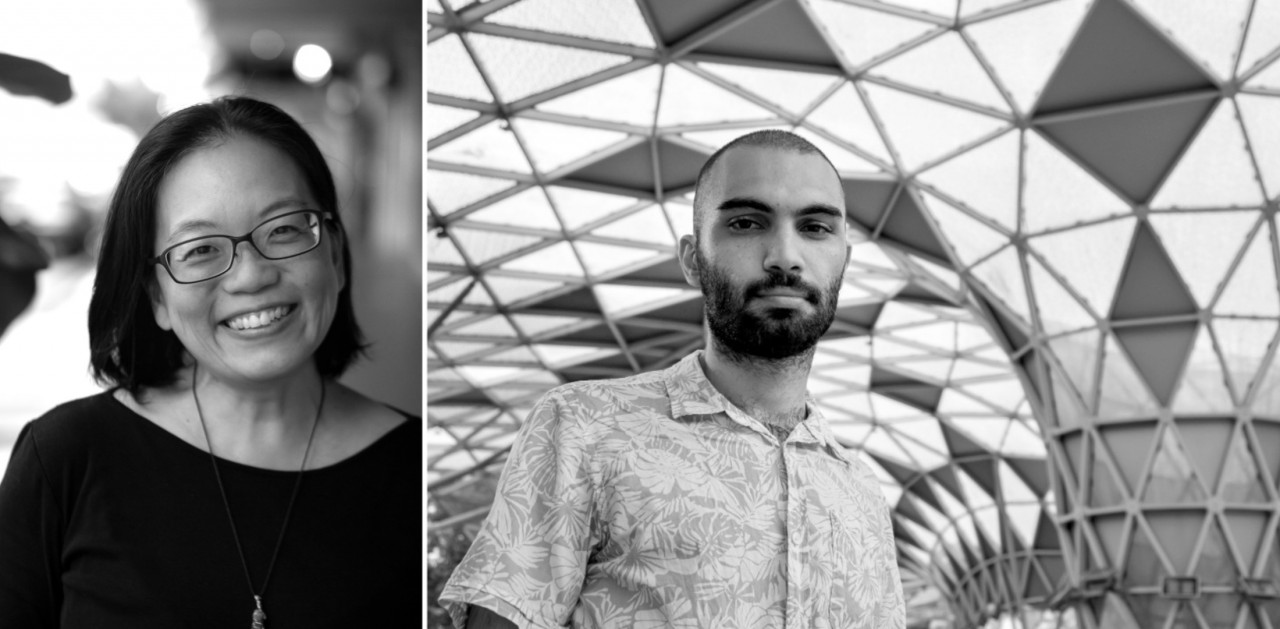
These misrepresentations in the media hinder the marginalised communities' potential for success.
“The objectives — while conducting the project — were to challenge stereotypical ideas that people have thanks to the one-sided perceived narratives.
"I made it a point to document the people I met and the conversations shared in its full honesty without taking a ‘journalistic’ approach and being more autobiographical,” said Amin.
For his project partner, the story of Pakistani-born Kanwal Naseem resonates significantly because “she’s (truly) a Malaysian girl and has been here from 1996 since the age of two.”
“She goes to Sekolah Kebangsaan and if you just read her story in her own words (in the e-book), you’ll understand why Malaysia really needs to keep people like her here,” said Allie. Even today, Kanwal is "not able to plan beyond her document's expiry (which is yearly) with the uncertainty of whether she can be here indefinitely.”
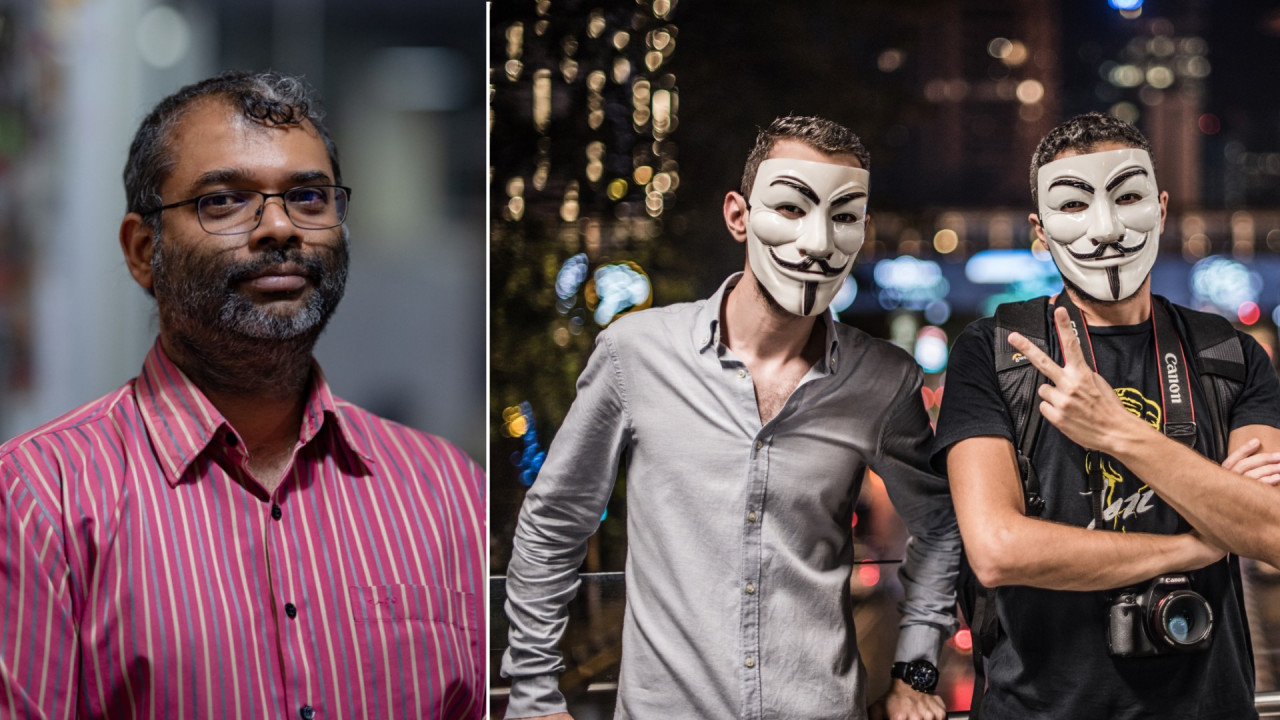
“What I have gained from this project is the pleasure of having to intersect my graphic design skills with other types of passion such as art and community,” said Allie. “Amin and I have worked so well together. We’ve known each other for years now and this project is our first collaboration, but it certainly won’t be the last.”
“I think what made it work was also that we didn’t have a producer or a strict schedule to limit our creative processes. I am very chaotic in my own way so if we stick with a template of sorts, we may not be getting the final output of the e-book that you see today,” Amin added. – The Vibes, November 22, 2020
‘Portraits of a Diverse City—Stories of Migration in Kuala Lumpur’ is available for reading at https://www.flipsnack.com/alliehill/portraits-of-a-diverse-city_issue-01-xmydsyqjiq.html



